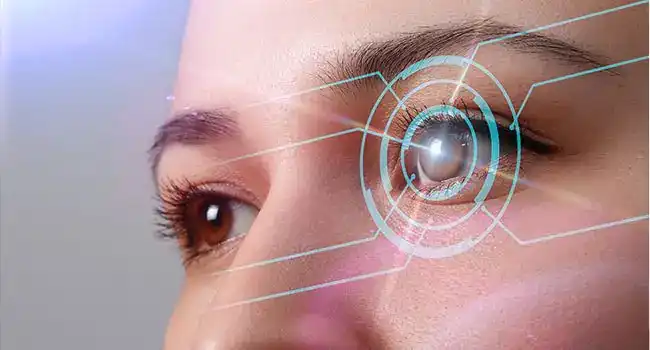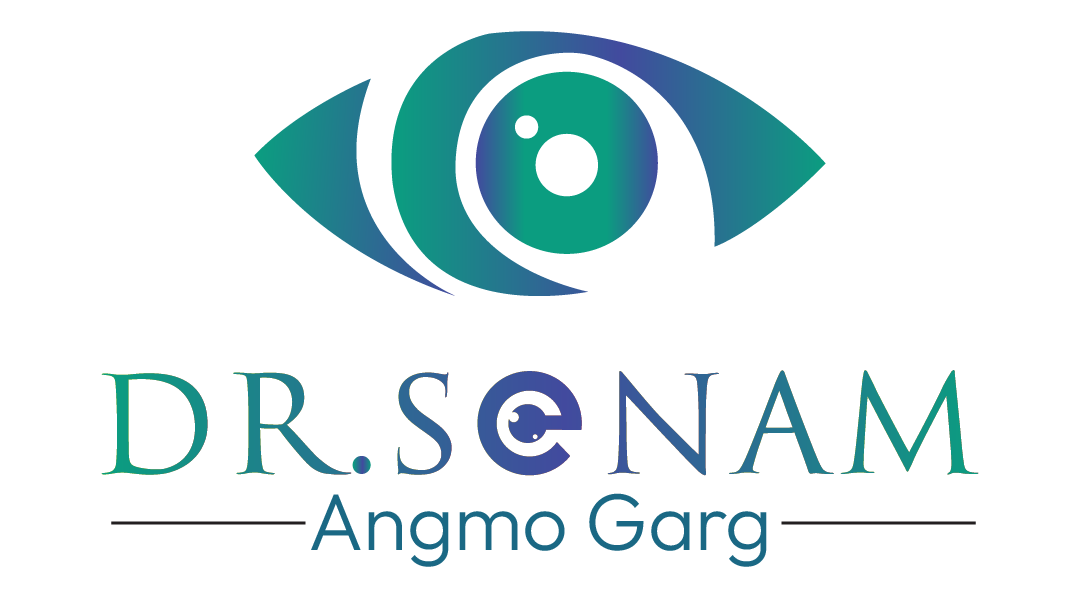
Introduction
Eye surgery. Just reading those two words might make you blink a little harder, right? I get that a lot. Eyes are sensitive, and the idea of surgery can feel overwhelming. But here’s the truth: eye surgery today is nothing like it was even a decade ago. Thanks to cutting-edge tech and gentle techniques, most eye surgeries are quick, safe, and come with big benefits.
Whether you’re dealing with blurry vision, were recently diagnosed with an eye condition, or you’re just doing some research (smart move!), let’s break it all down in a clear, calm, and real way—no scary doctor-speak, promise.
What is Eye Surgery?
Eye surgery refers to any procedure done to correct, treat, or improve vision and eye health. Some are laser-based, some are surgical with tiny incisions, but all are aimed at helping you see better and feel more comfortable.
Think of it like getting an upgrade on your favorite gadget—except this one helps you navigate your world more clearly every day.
Common Eye Surgeries (and What They Do)
There’s no one-size-fits-all when it comes to eye care, and the type of surgery depends on what’s going on with your eyes. Here are some common ones:
1. Cataract Surgery
Probably the most well-known. Cataracts cause cloudy vision, like looking through a foggy window. The surgery replaces the cloudy lens with a clear artificial one. Bonus? You might ditch those thick glasses afterward.
2. LASIK and Refractive Surgery
For folks tired of glasses or contact lenses. LASIK reshapes the cornea to correct nearsightedness, farsightedness, or astigmatism. It’s quick, usually painless, and has a super short recovery.
3. Glaucoma Surgery
Glaucoma quietly damages the optic nerve, often due to high eye pressure. Surgery helps lower that pressure and protect your vision.
4. Retinal Surgery
Includes treatments for retinal detachment, diabetic retinopathy, or macular holes. These surgeries protect or restore central vision—the kind you need for reading and recognizing faces.
5. Pterygium Surgery
Got a growth on the white of your eye creeping onto the cornea? That’s a pterygium, often caused by sun exposure. Surgery removes it and helps improve comfort and appearance.
Are Eye Surgeries Safe?
Short answer: yes—when done by skilled hands with proper aftercare. Like any surgery, there are risks (we’ll get into that), but the benefits often outweigh them, especially when vision or eye health is at stake.
What Are the Risks?
While rare, complications can happen:
Infection (though antibiotics usually prevent this)
Dry eyes (common after LASIK)
Vision changes (like halos or glare)
Bleeding or swelling
The good news? Most of these can be managed or are temporary. Your eye surgeon will talk you through specific risks based on your procedure.
Recovery: What to Expect
Recovery depends on the type of surgery. Here’s a rough idea:
Cataract Surgery: Usually back to normal activities within a day or two. No rubbing your eyes though!
LASIK: Many people see clearly within 24 hours.
Retinal or Glaucoma Surgery: Recovery may take longer, and follow-ups are key.
Pro tip: Listen to your eye doctor (really). We want the best for you and know how to help your eyes heal right.
When Should You Call Your Doctor?
Don’t wait if you notice:
Sudden vision loss
Intense pain
Redness or swelling that’s getting worse
Discharge from the eye
It’s always better to check in than wait it out. Even if it’s nothing serious, peace of mind is priceless.
A Note from Dr. Sonam Angmo Garg
Cataract Surgeon and Medical Retina Specialist
Dubai Investment Park-1, Dubai
My goal with every patient is to make eye care as stress-free and comfortable as possible. I’ve seen firsthand how powerful clear vision can be—it changes lives. If you ever feel unsure or overwhelmed about a possible eye surgery, don’t hesitate to reach out. Let’s talk it through, one step at a time.
FAQs
Is eye surgery painful?
Most procedures are virtually painless. Anesthesia or numbing drops are used, and recovery discomfort is usually mild and short-lived.
Will I be awake during eye surgery?
Usually yes, but relaxed! Most eye surgeries use local anesthesia, so you won’t feel pain but will be awake. You might see lights or movement, but not the details.
How long does eye surgery take?
Many common surgeries like cataract or LASIK take 15-30 minutes. Recovery might take longer, but the procedure itself is usually pretty quick.
Can I drive after eye surgery?
Not right away. Arrange for someone to drive you home, and follow your doctor’s advice before getting back behind the wheel.
How soon will I see results?
Often within a day or two, especially for LASIK or cataract surgery. Other surgeries might take a bit longer depending on healing.
